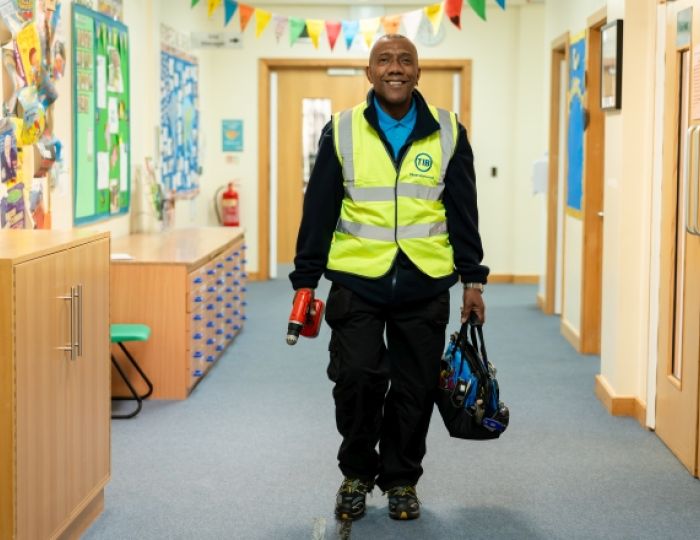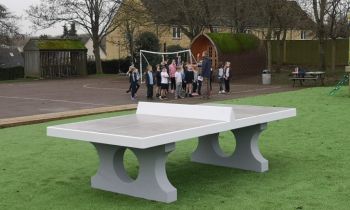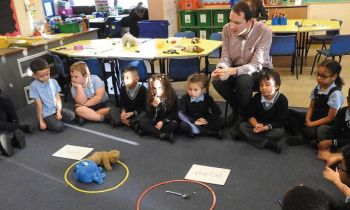Headlines warning of a recruitment and retention crisis in teaching aren’t new.
Week after week, another report is released to say that teachers are planning to quit, and that the most common reasons for this exodus are workload, pay and the pandemic.
A recent Teacher Tapp survey of more than 2,000 primary teachers found that over a quarter of classroom staff were considering leaving in the next three years. While most would like to continue in education in some way, many want to seek completely different careers.
There is no silver bullet to stop this - but there are actions worth considering to chip away at this problem.
The curriculum
Primary teachers have an enormous amount of diverse content to learn - the national curriculum is extremely broad, and they need to be across it.
Specialist teachers can help take the burden off staff in some subjects which require that extra bit of knowledge. When asked which subjects benefit most from specialist teachers, MFL was the winner - with 78% of primary teachers saying that languages are taught significantly better by someone with a dedicated skill set.
Two other subjects which gathered the most votes were Music (75%) and PE (64%).
Another idea, thought more radical, would be to consider the content of the curriculum itself. Are there subjects that could be entirely removed?
While most teachers felt like they didn’t want to remove anything, 24% of primary teachers responded that they thought languages should get the chop. Far behind in second place was drama, with just 10% of the vote.
And while swimming may take up less than half a page of the 200-page primary curriculum, keeping it is popular among primary teachers - just 5% would like to see it removed.
Getting an earful
While seeing parents at the school gates each day was often a positive experience for all, tensions can run high.
More than half of primary classroom teachers reported having been shouted at by parents. However, it is heads who are on the receiving end of most of these outbursts, with a staggering 95% of primary headteachers saying they have been yelled at by a parent.
Are these results a feature of the pandemic? After all, the pandemic has broken down the barriers between teachers and parents even further.
Sadly, this does not seem to be the case. Since Teacher Tapp last asked this question in 2018, not much has changed, with 58% of teachers reported having been yelled at in 2018, rising to 59% now.
Working part-time
Because of Covid, there has been more focus on flexible and part-time working than ever before.
Working part-time is even being pushed by the Department of Education as a way to resolve retention issues. Yet two-thirds of teachers say that working part-time in their school would be very difficult.
This was particularly the case in primary schools - with 57% of classroom teachers saying that working part-time would be challenging in their school.
This is become more the case the more senior you are. Ninety per cent of primary heads agreed that flexible working wouldn’t be possible.
In January 2020, when Teacher Tapp last asked the same question, 69% of teachers said that working part-time would be difficult.
Now, that percentage has slightly decreased, but only to 66%. Hence, while other sectors have become much more flexible, it doesn’t seem like schools are changing at the same rate.
While there is no one-size-fits-all approach to solving retention issues, views like these can help other teachers and policy makers to understand the day-to-day issues that teachers are facing.
Through this understanding, we can work towards making headlines of a retention crisis a much rarer sight.
Iain Ford is a data analyst at Teacher Tapp. For more snappy insights, and to be part of the panel, please join in via the free Teacher Tapp app – available to download for iOS and Android.




_945_573_80_int_s_c1_c_t.jpg)





